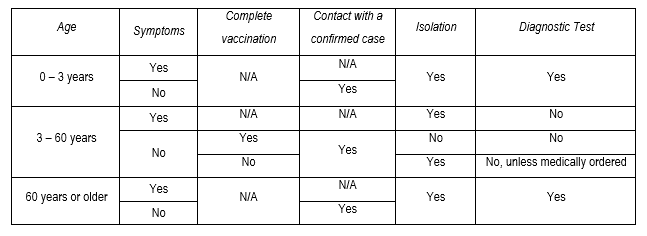The Ministry of Labor defines paternity leave as paid rest recognized to the father of a newborn, in order to guarantee the rights of the minor, ensuring the father´s accompaniment and care of the child during the first days of life without affecting the financial situation of the family[1]. For this reason, Law 2114 of 2021 extended its duration from eight (8) working days to two (2) weeks.
However, this law did not refer to the way in which these weeks should be counted, that is, whether only working days should be considered for counting this two (2) week term or whether, on the contrary, holidays should also be counted. Therefore, the Ministry of Labor recently issued an opinion resolving this concern and confirmed the existence of a regulatory gap regarding how to count this term. Thus, the ministry stated that in the absence of labor norms that regulate the counting of deadlines and terms, the provisions of article 70 of the Colombian Civil Code must be applied by analogy, according to which, the deadlines indicated in laws and decrees include holidays, unless expressly specified otherwise.
Therefore, the Ministry of Labor concluded that the period of time during which fathers will be able to enjoy their recognized paternity leave is given in calendar days and not working days, so holidays and weekends must be counted. In conclusion, paternity leave will correspond to fourteen (14) calendar days.
If you have doubts regarding the way in which this license or any other labor matter operates and affects your company, do not hesitate to contact BéndiksenLaw.
[1] Answer to petition No. 02EE2019410600000062800 of 2019.










